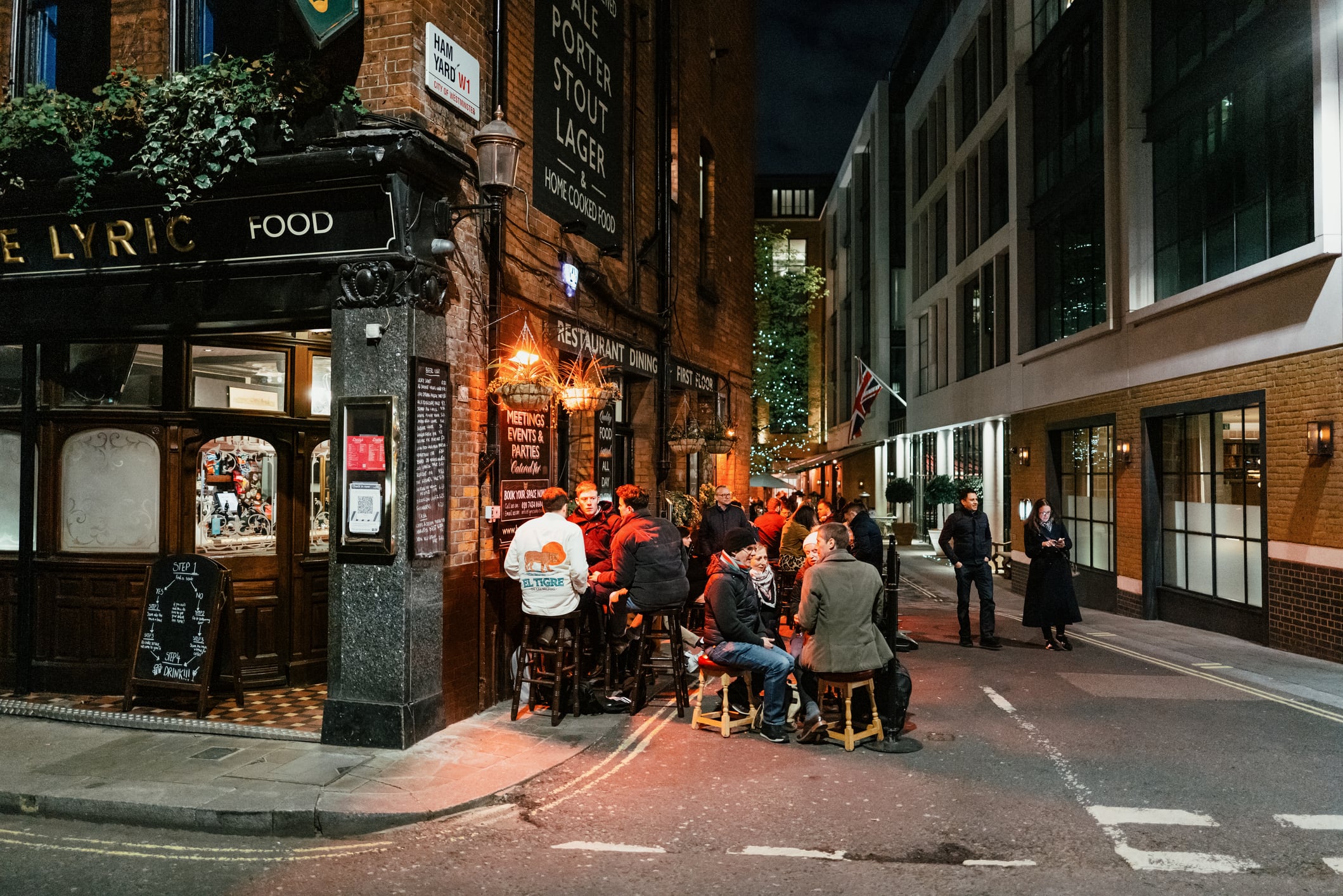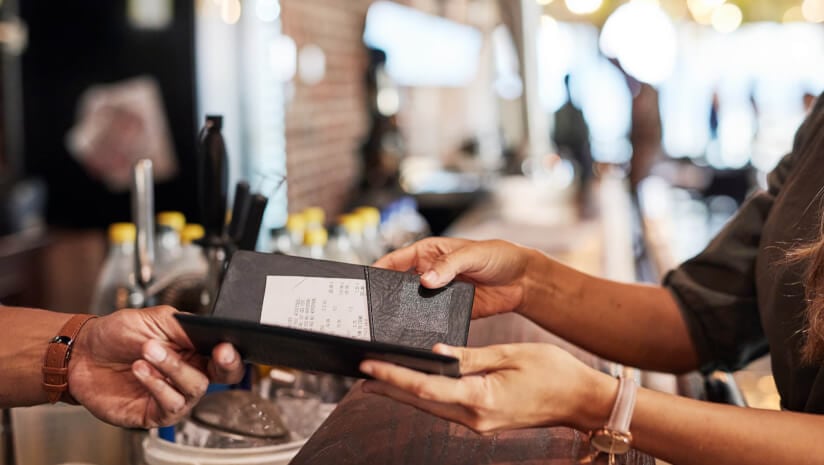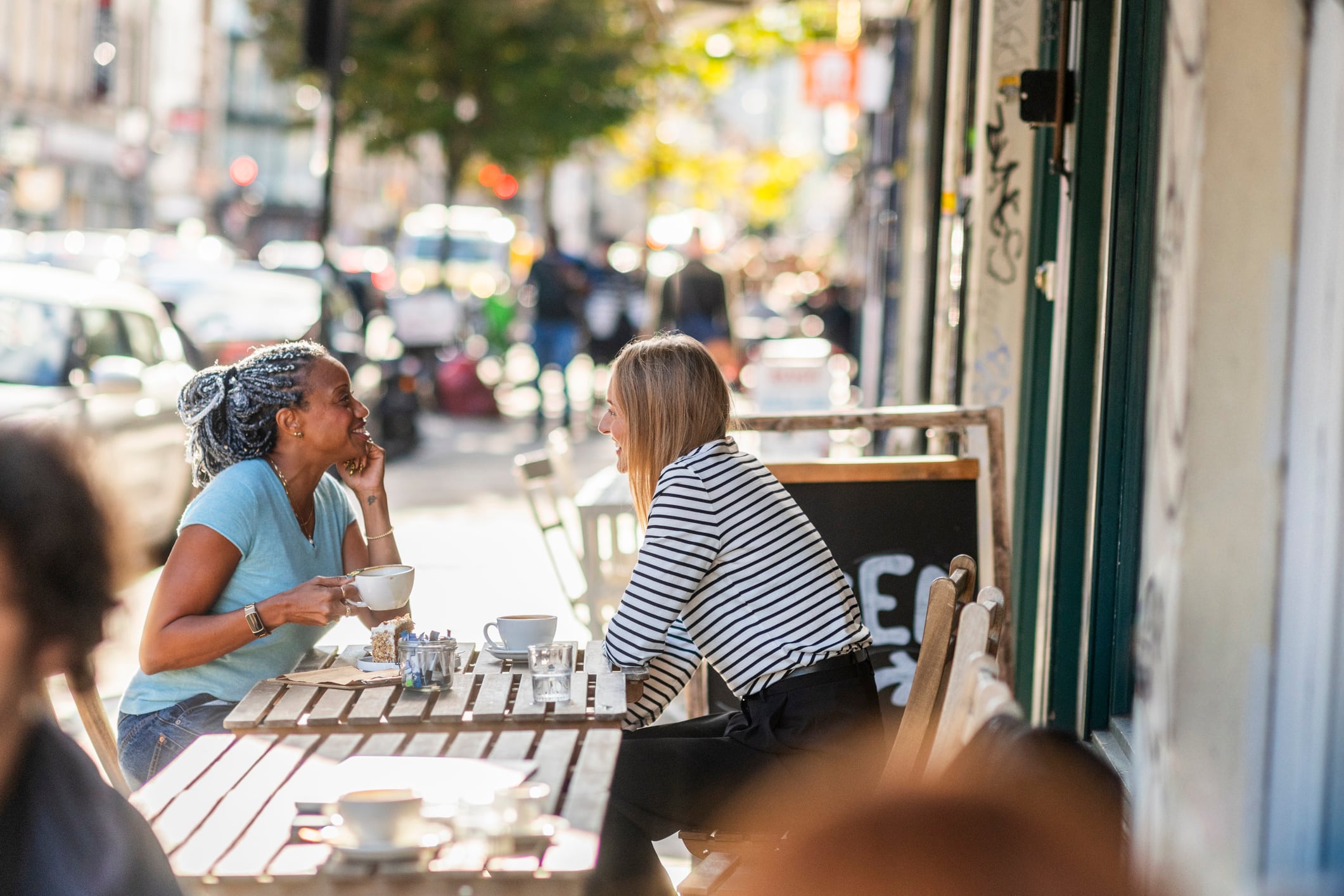Q: I run a pub in a town and am keen to get some tables and chairs outside, but I am not sure if I need permission from the council. Can you help?
A: This is certainly a topical issue and in the summer in particular tables and chairs can be extremely significant commercially; this is true in both rural and urban locations.
Indeed, pubs without any outside space are often labelled “winter pubs” and have to make the most of their profit in the colder weather, because customers are naturally drawn to pub gardens.
I have seen over the years significant increase in use of external space even if that is a small yard with a few tables and chairs because customers want to be outside.
Also, having a “presence” even if it is just a couple of benches can make a pub look more attractive and open for business, rather than just an empty space in front.
However, the legal position can be challenging and will depend much, despite the legislation being the same, on the policy and attitude of the Local Authority.
Alfresco atmosphere
To put it crudely, does the Local Authority appreciate the significance of an alfresco type atmosphere, or is it more conservative in its approach and protective of its highways?
Broadly, if the land is highway (this is usually but not always pavement) then you will need a licence or permit from the Local Authority to put any structure there.
It has long been the legal position that permission is needed to place structures on a permanent or semi-permanent basis and can be an offence to do so without permission.
My first piece of advice would be to check the land outside your pub, even if it looks like pavement and is used by members of the public, is indeed highway.
There are sometimes examples where the land immediately in front of a building, and this is sometimes evidenced by a cellar drop or reinforced protected glass, can be owned by the freeholder or demised to the leaseholder as part of the premises.
If this is the case, then no permission is needed from the Local Authority to place tables and chairs there. It would be sensible to check your insurance in case there is an accident involving a member of the public.
If it is highway (and a search or an approach to the Local Authority should reveal this) then an application will be needed under legislation introduced by the Business and Planning Act 2020.
It is somewhat ironic this legislation, which was industry friendly and aimed to help businesses during the pandemic, has been used by some Local Authorities to introduce tighter controls over the highway and more demand for space.
You will need to approach the Local Authority and see what it requires, but normally this will be a plan showing measurements and usually two metres space from the edge of your tables and chairs to the kerb is required to allow passage for pedestrians and in particular pushchairs and wheelchair users.
Practical issues
If you want other paraphernalia in the area, for example A-boards, menu stands, heaters and umbrellas, then this will make the application harder.
Many Local Authorities have a policy that prevents A-boards and some require an application under different legislation relating to highways.
There are other issues to consider such as the normal requirement for safety reasons that the tables and chairs and furniture should be capable of being removed at the end of the trading period.
The latest you are likely to get for table and chairs outside is 11pm, meaning, and this can cause practical issues for some pubs, at that time they would have strictly to bring the tables and chairs into their premises and that would mean either storage or, if there is no room, stacking them somewhere when the pub is trading.
A fee will have to be paid and the licence is temporary for a maximum of two years and then has to be effectively applied for again. A public notice needs to be displayed and it is not unusual for members of the public or local residents to object either on the basis of concern about the restrictions on the pavement or noise of customers using the tables and chairs.
It is perhaps unfortunate that when one wanders around Europe there is a much greater acceptance of tables and chairs outside than even now in this country.
The application process is not straightforward, but if you can find two metres spare then you should be able to get a presence in the form of tables and chairs on the highway.
If you do not have two metres you could still try because it is policy and not a legal requirement, but you would have to indicate you are in an area where there is very little pedestrian footfall or, for example, the adjacent road is restricted to vehicular access.
- James Anderson is a partner at Poppleston Allen




